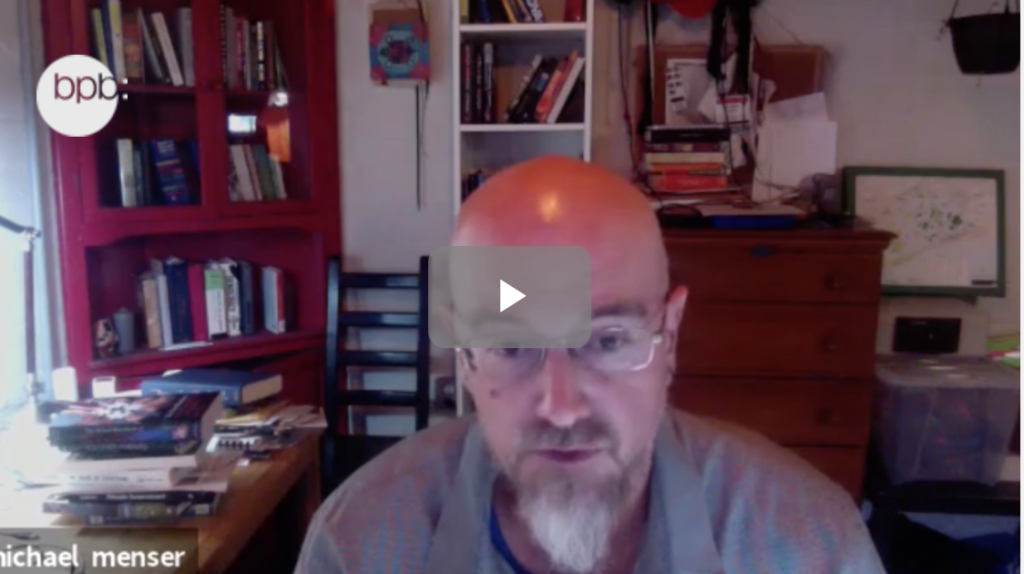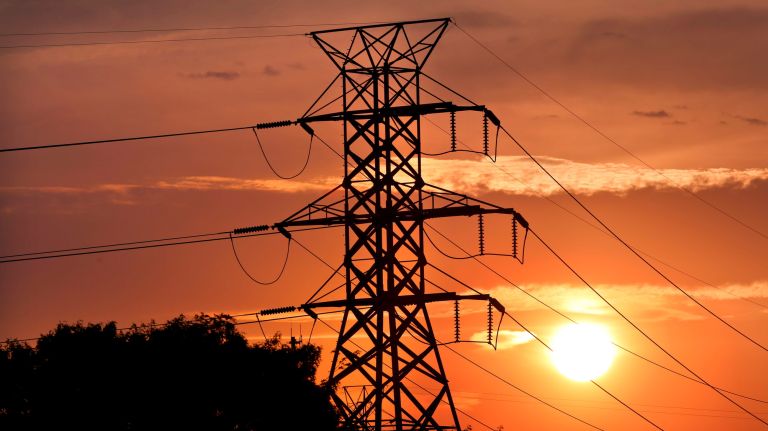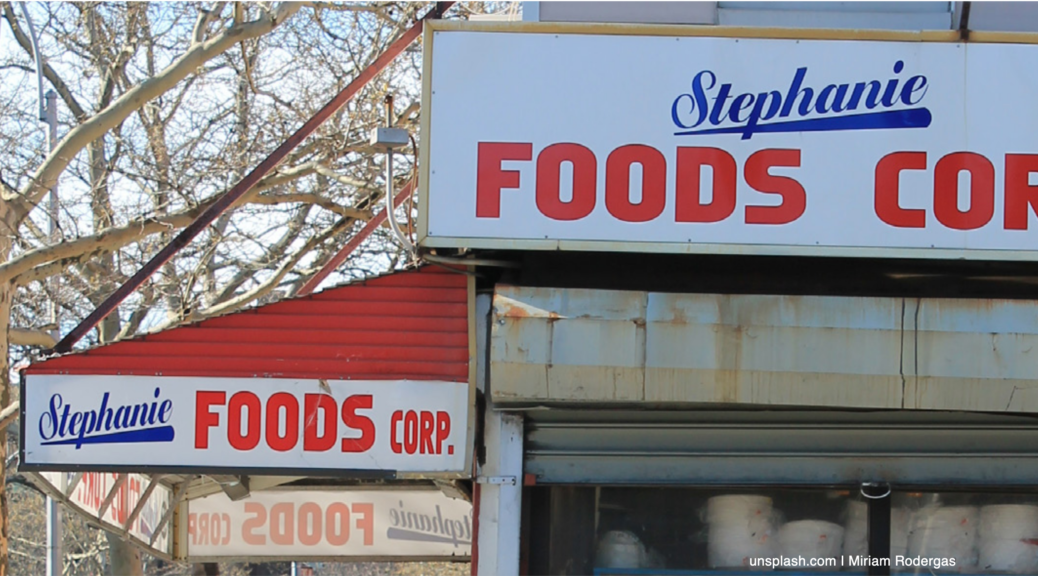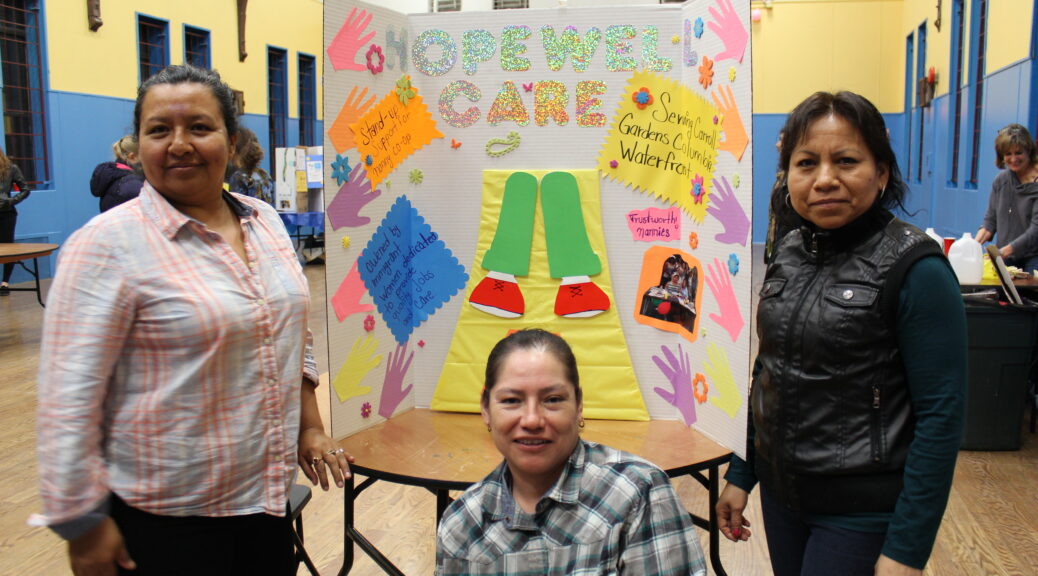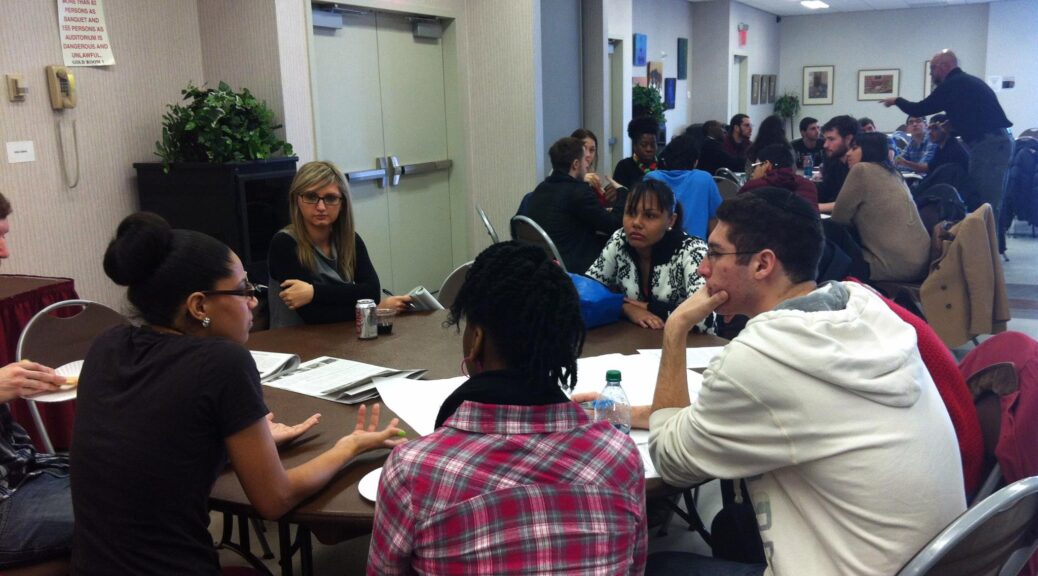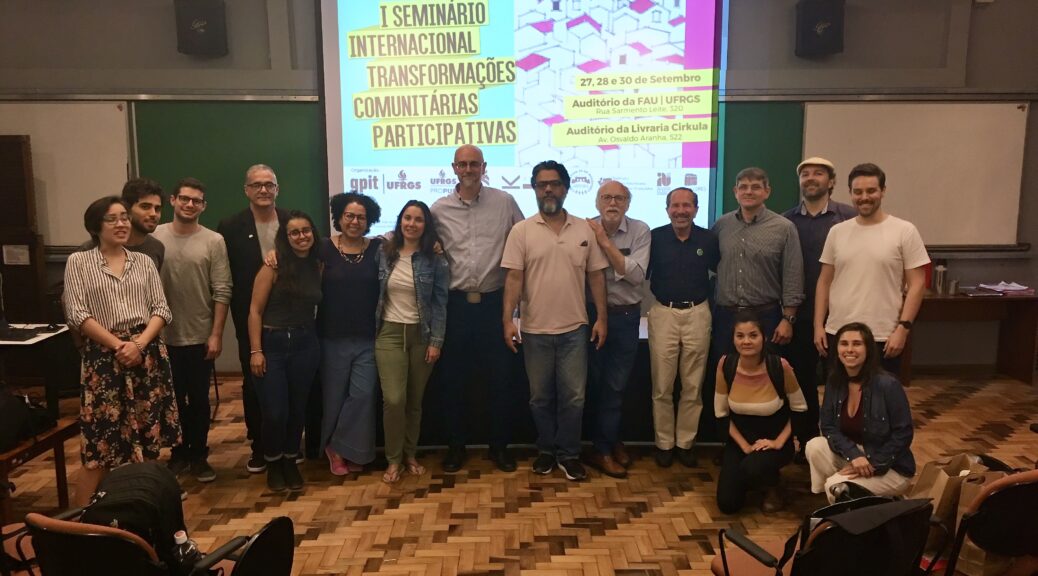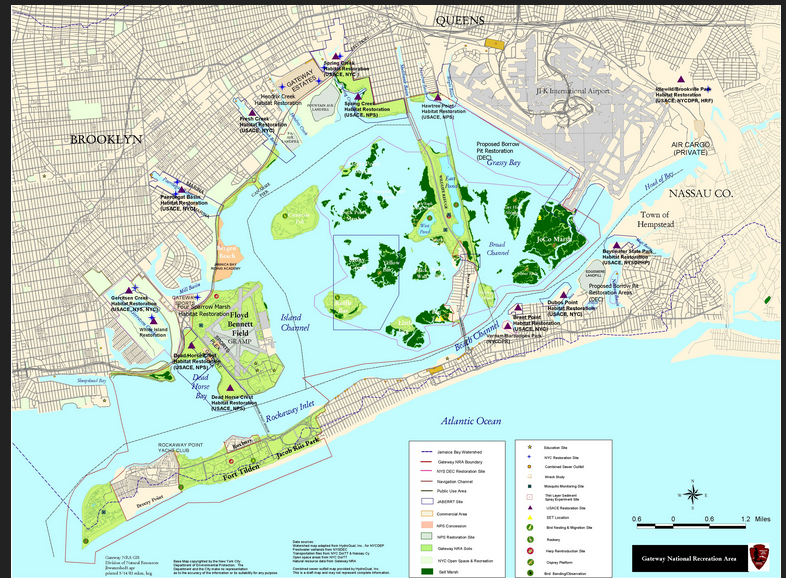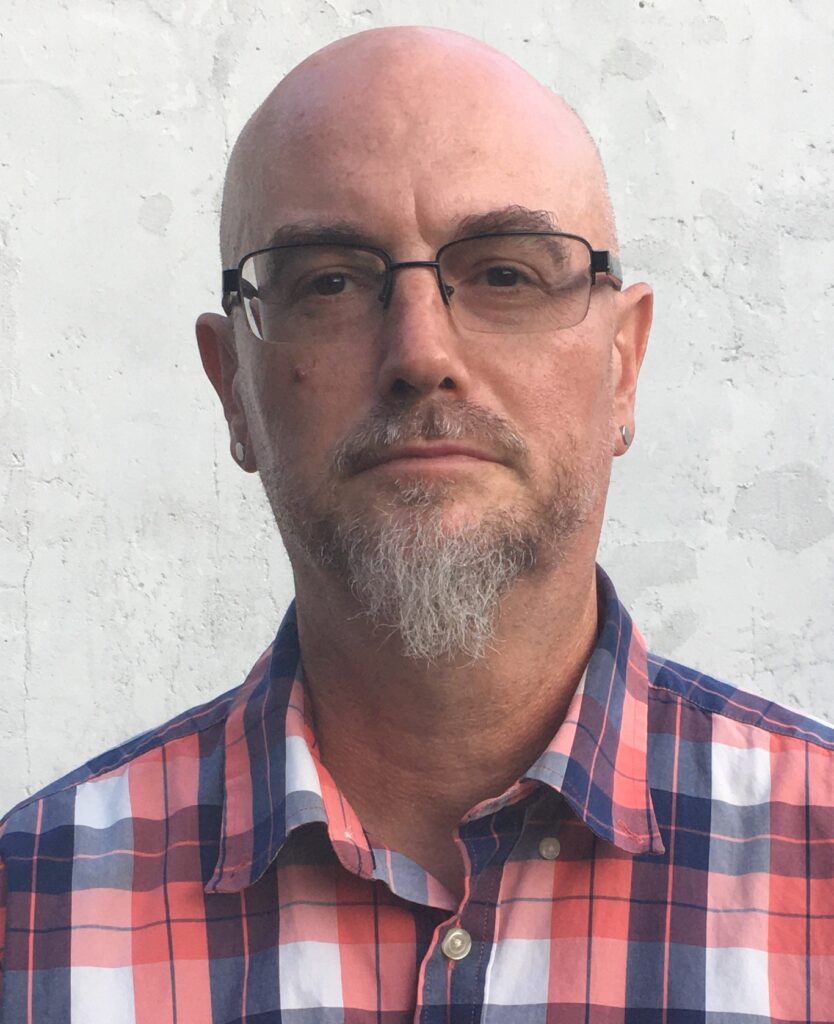
Dr. Michael Menser teaches Philosophy, Urban Sustainability Studies, and Caribbean Studies at Brooklyn College and Earth and Environmental Sciences and Environmental Psychology at The Graduate Center, CUNY, is the Associate Director for Public Engagement at the Science and Resilience Institute at Jamaica Bay and on the advisory board of the Center for the Study of Brooklyn. He is the author of We Decide! Theories and Cases in Participatory Democracy (Temple 2018) and is a contributor to Prospects for Resilience: Insights from New York City’s Jamaica Bay (Island 2016). He is the founding Chair and President of the Board of the Participatory Budgeting Project and helped launch one of the first PB processes in NYC working with the residents of Flatbush Brooklyn.
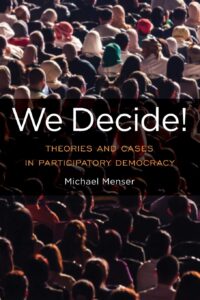
Menser received his PhD from CUNY, has taught at Brooklyn College since 1995, and is a member of the Professional Staff Congress union (PSC CUNY) and its Environmental Justice Committee. His early research was in the areas of science and technology studies–he co-edited the volume Technoscience and Cyberculture (Routledge 1996)–and has published scholarly papers on the democratizing the food system, political theory and democratizing the state, and bioregionalism and urban resilience.
His current research is on participatory democracy in urban socio-ecological systems with respect to the food system; economic democracy and healthcare; resilience oriented participatory budgeting; sustained community engagement for climate justice; and participatory governance in public service delivery particularly with respect to energy and water utilities.
Professor Menser in conversation about his history, his work and participatory budgeting.
